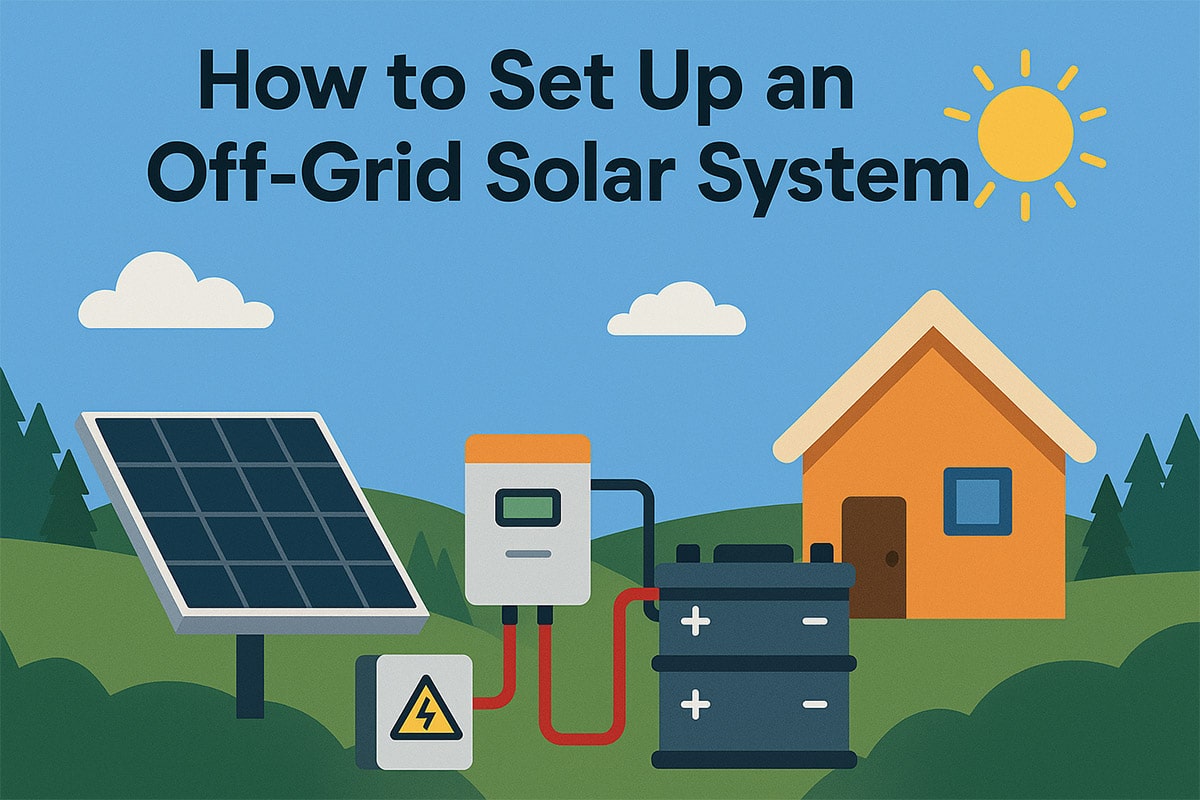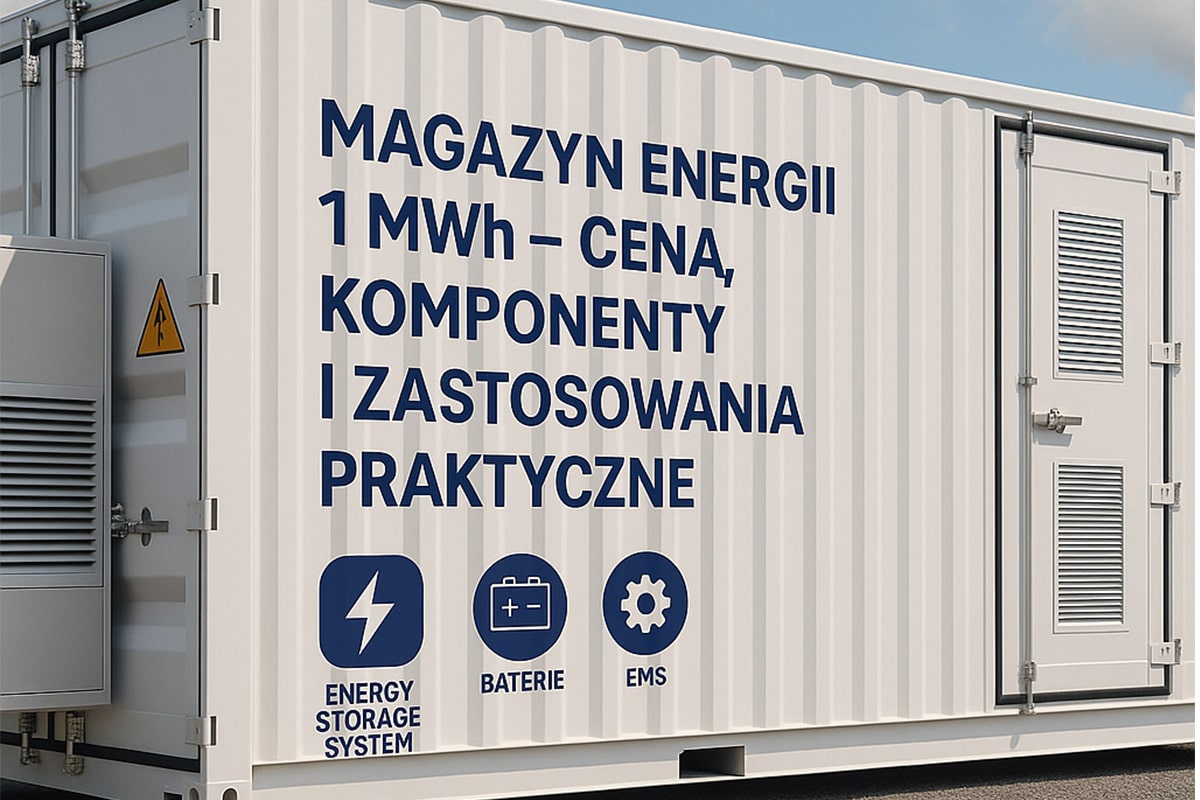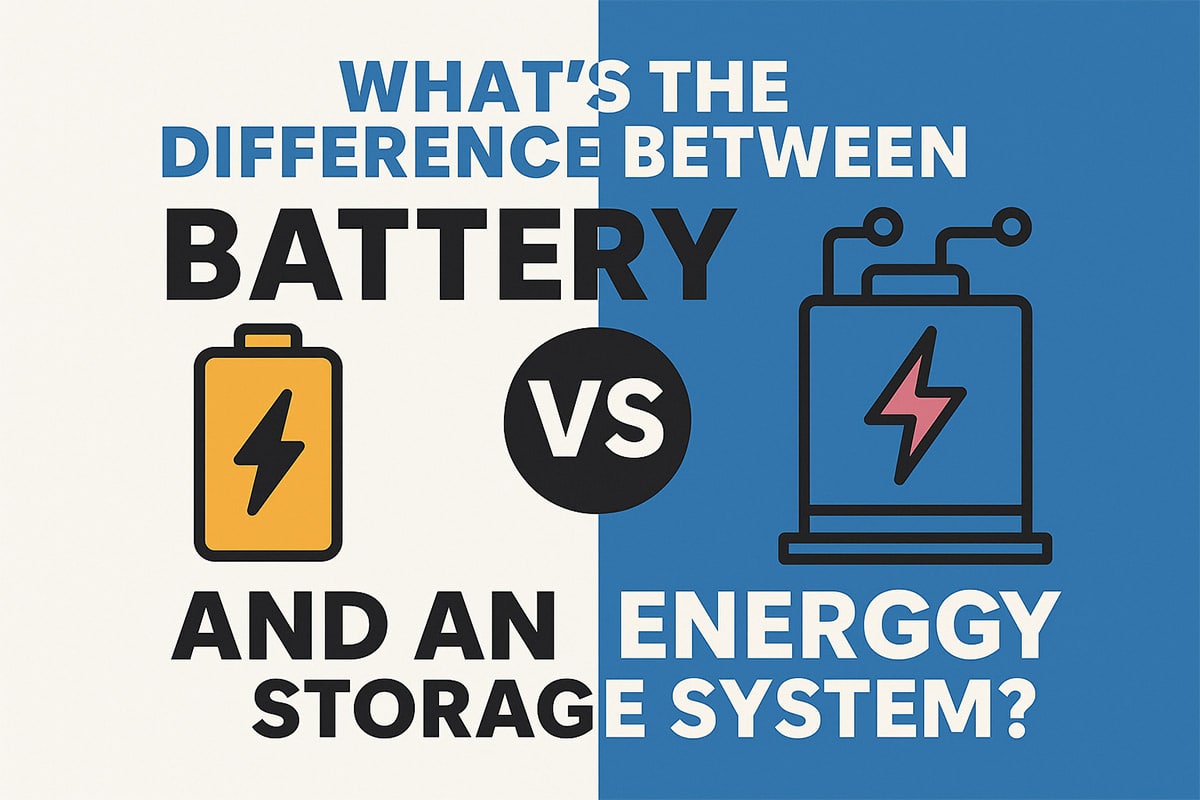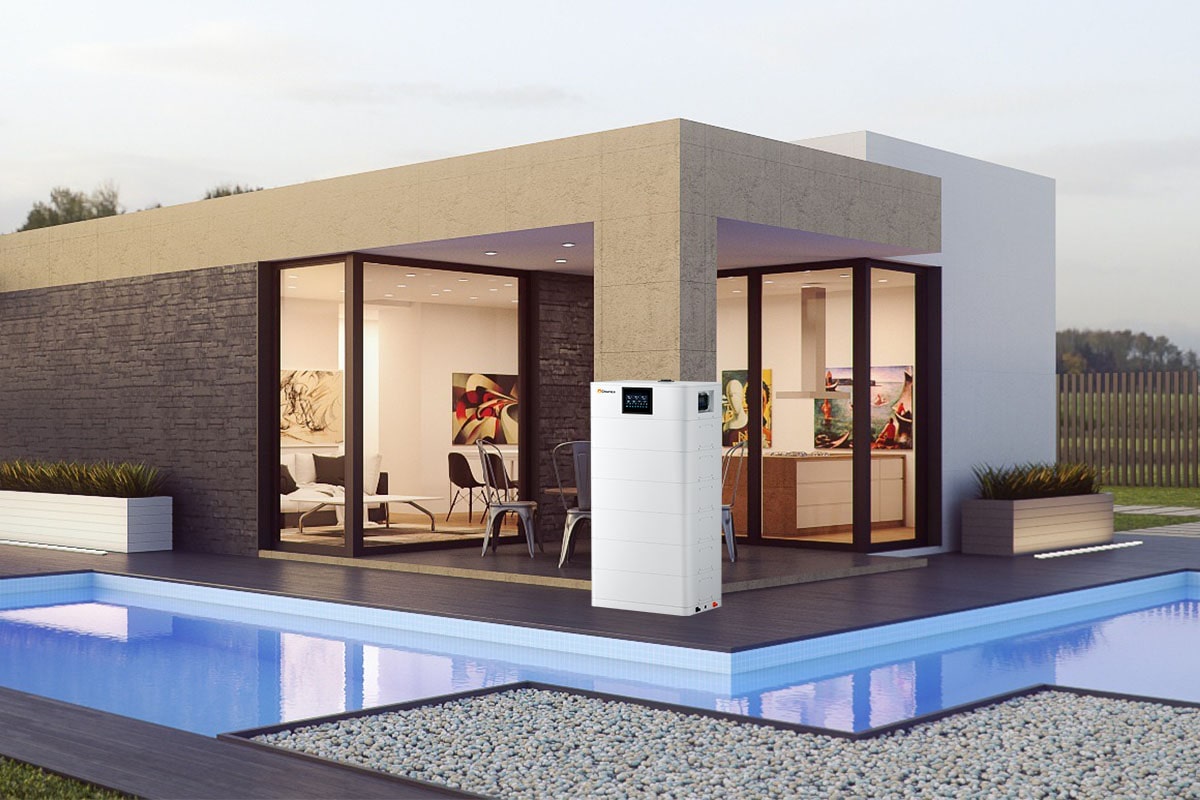The 21 Basic Knowledge Points of Solar Energy System You Need to Know
The 21 Basic Knowledge Points of Solar Energy System You Need to Know
Today I will give you a professional term in the photovoltaic industry. Those who want to install photovoltaic or engaged in the photovoltaic industry can learn about it, so that you can enter the industry faster and get the information you want.
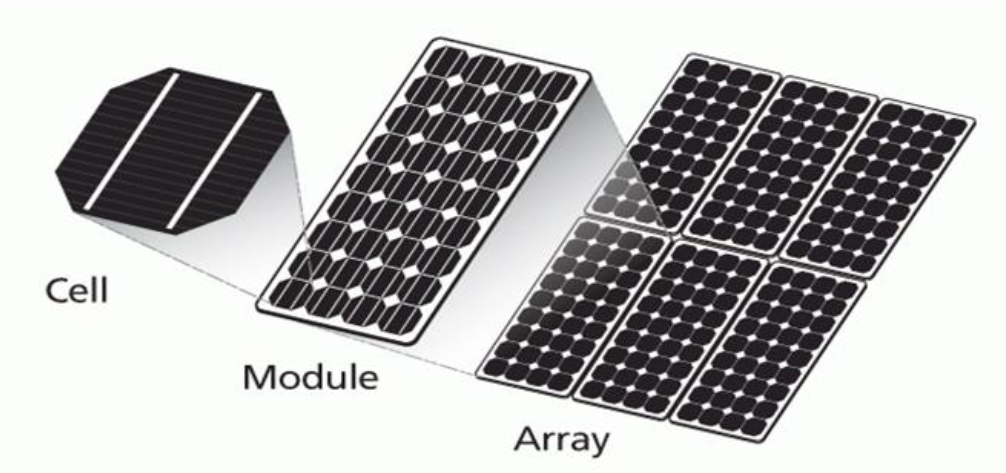
1. Solar panels
Solar panels are the most important component of a solar energy system, as they are responsible for converting sunlight into electricity.
2. Inverters
Inverters are used to convert the DC (direct current) electricity produced by the solar panels into AC (alternating current) electricity that can be used to power appliances and devices.
3. Batteries
Batteries are used to store excess solar energy generated during the day for use at night or during periods of high energy usage.
4. Charge controllers
Charge controllers regulate the amount of electricity that flows between the solar panels and the batteries, preventing overcharging and extending battery life.
5. Mounting systems
Mounting systems are used to secure the solar panels to a rooftop or other surface.
6.Solar trackers
Solar trackers are devices that move the solar panels to follow the path of the sun, maximizing energy production.
7. Net metering
Net metering is a policy that allows homeowners with solar energy systems to sell excess energy back to the grid and receive credit on their utility bills.
8. Feed-in tariffs
Feed-in tariffs are policies that require utilities to pay homeowners for the excess energy generated by their solar energy systems.
9.Backup generators
Backup generators can be used to provide power during extended periods of low sunlight or power outages.
10. Off-grid systems
Off-grid systems are solar energy systems that are not connected to the electrical grid and rely on batteries to store energy.
11. Grid-tied systems
Grid-tied systems are solar energy systems that are connected to the electrical grid and allow homeowners to sell excess energy back to the utility.
12. System monitoring
System monitoring allows homeowners to track the performance of their solar energy systems and identify any issues or maintenance needs.
13. System design
Solar energy systems must be carefully designed to match the energy needs of the home or business, as well as the available sunlight and other site-specific factors.
14. Energy efficiency
Energy efficiency measures, such as insulation and efficient appliances, can help to reduce the overall energy needs of a home or business and maximize the effectiveness of a solar energy system.
15.Environmental benefits
Solar energy systems are a clean and renewable source of energy that can help to reduce greenhouse gas emissions and other environmental impacts.
16. Financial incentives
Many governments and utilities offer financial incentives, such as tax credits and rebates, to encourage the installation of solar energy systems.
17. Return on investment
The cost of a solar energy system can be offset by long-term savings on utility bills, as well as potential income from selling excess energy back to the grid.
18.Installation and maintenance
Solar energy systems require professional installation and regular maintenance to ensure optimal performance and longevity.
19. Lifespan
Solar panels typically have a lifespan of 25-30 years, while other components, such as batteries and inverters, may need to be replaced more frequently.
20. Scalability
Solar energy systems can be designed to match the energy needs of a home or business, and can be easily expanded or scaled up as energy needs change.
21. Education and awareness
Education and awareness campaigns can help to promote the benefits of solar energy and encourage more widespread adoption of this renewable energy source.

